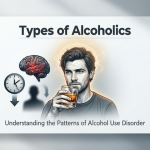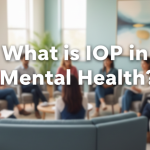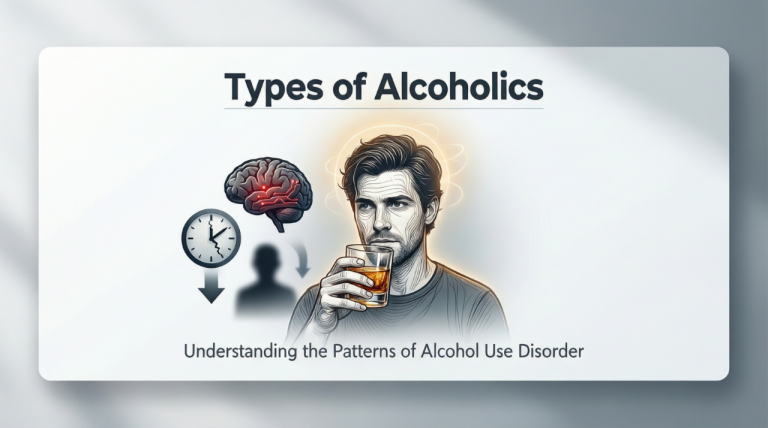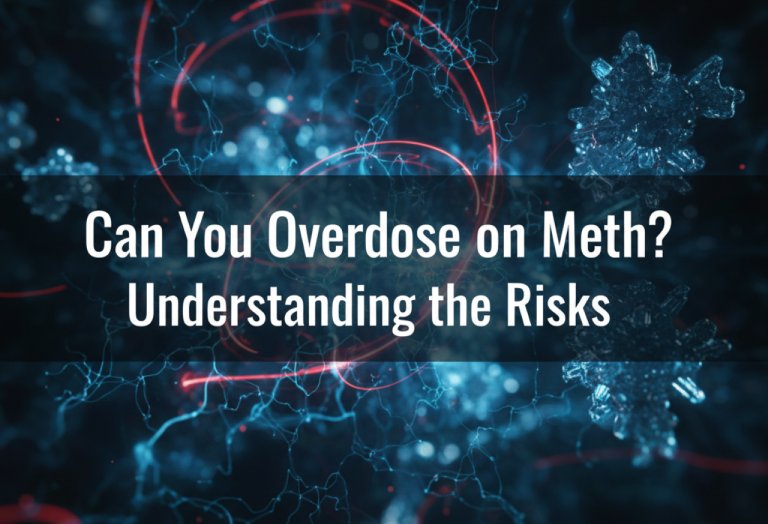In the modern world of technology, we can barely avoid screens. In our everyday existence screens include smartphones and laptops as well as tablets and televisions. We employ them for tasks at work along with interaction and leisure. As we spend more time on these devices, worries about mental health are growing. Research highlights that high levels of screen exposure can cause many psychological challenges such as sleep disorders and mood swings. In this post, we look at the adverse effects of spending too much time on screens and the benefits that come from decreasing screen time for mental health.
The Negative Effects of Excessive Screen Time on Mental Health
1. Increased Anxiety and Stress
It has been noted that stress and anxiety are on the rise because of the increased use of devices. It’s hard to think clearly in today’s world of emails, social media, and constant news feeds. Especially social media applications can increase the feeling of being inadequate or “comparison anxiety”, where people feel the need to meet others’ filtered lives. This constant exposure to unrealistic standards makes the person feel anxious and doubt their potential.
Also, the pressure to be always on, to respond to emails or text messages can make one feel that they are always on the clock and this can cause stress. This fusion of work, personal, and leisure time because of screens, does not give the brain a chance to rest, and this results in burnout and chronic anxiety.
2. Sleep Disturbances
Among the most adverse side effects of screen time on mental health is the interference with the amount of sleep a person gets. The light emitted by screens is blue and it disrupts melatonin production, the hormone that controls sleep. This is very dangerous especially when using screens at night, as the blue light that is emitted interferes with the body’s production of melatonin making it hard to sleep.
Lack of sleep affects mental health in one way or another. Not getting enough quality sleep can make the symptoms of anxiety and depression worse, impair thinking, and decrease a person’s ability to handle stress. This is a classic example of a vicious cycle where because of poor sleep, the mental health deteriorates, and then due to poor mental health, the sleep gets affected further.
3. Depression and Isolation
When social networking sites were developed, they were intended to help people connect with others, but research has found that it results in loneliness and depression. Spending excessive time on social media tends to make people lonely as they compare themselves with their friends whom they assume are having better lives.
However, spending much time in front of screens means people have less time to meet each other face to face. People who are involved in using the screen more than they are with other people in real life are likely to be lonely. This lack of real-life social interaction can only serve to increase feelings of isolation and even depression.
4. Attention and Focus Issues
We live in a world where the phone beeps, the messages alert, and the updates pop, it becomes hard to concentrate on one task at a time. This type of working culture has been established to have adverse effects on attention span, and the ability to focus on tasks and get them done to completion.
Frequently using one app, then another, and then another, not only tires the mind but also hampers the brain’s capacity to think. In the long run, this results in information overload, low efficiency, and a low level of awareness.
How Reducing Screen Time Can Benefit Mental Health
Decreasing how much time you spend on screens positively impacts your mental health. Following are some of the benefits:
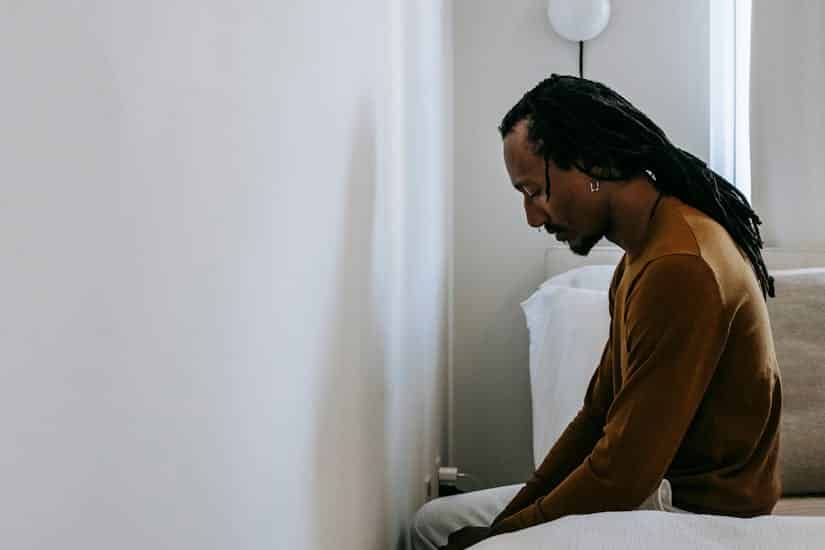
1. Improved Sleep Quality
Lessening evening screen use can notably boost the quality of sleep. Cutting down on screen time in the evening lets your brain settle down and create melatonin. Better sleep follows as a result of this change which can alleviate anxiety the following day.
By crafting a nightly schedule filled with screen-free activities such as reading or meditation gives better results. This pattern will inform your brain that it is ready to relax gradually helping you drop off and remain asleep.
2. Better Attention and Output
Cutting back on screen time could boost focus and increase productivity. When people focus solely on one task at a time they achieve greater success and a greater sense of achievement due to the decreased distractions. Better attention improves productivity while diminishing the stress caused by handling a variety of digital challenges simultaneously.
Involving oneself in non-screen activities such as exercising or reading can refresh thought processes and support clearer and more effective concentration when you go back to tasks.
3. Lower Anxiety and Stress
Creating an on-screen usage limit makes balancing your life easier. By limiting screen time during work hours and breaking from social media regularly you can lower feelings of pressure.
By disconnecting from the constant barrage of online updates, people can become more present and engaged in their offline lives. This might lessen feelings of being flooded and allow you to take charge of your daily tasks.
4. Fostering Real-Life Connections
When you cut back on screen time and increase in-person interaction with others you can hugely benefit your emotions. Developing strong ties in our communities and interacting with friends helps us feel acknowledged and supported emotionally which is vital for our mental health.
By emphasizing physical relationships rather than digital activities we can reduce loneliness and isolation.
Practical Tips to Reduce Screen Time for Better Mental Health
Limiting screen time can be achieved without needing a major transformation of your habits. Easy steps can lead to major benefits. Here are some practical tips to help:
- Set Screen Time Limits
Set daily limits for certain apps or activities by using devices or applications. You will learn how much time you spend on screens through this method and it will lead you to limit it accordingly.
- Create Tech-Free Zones
Mark off specific areas or moments as areas free from technology. Designate your bedroom as a digital-free area or choose meal times to focus on family and friend conversations free from technology.
- Engage in Offline Activities
Discover interests or pursuits that involve no screens. Doing activities such as cooking or working out will lessen the desire to obsessively monitor your devices.
- Thoughtfully Employ Technology
Pay attention to the reasons and methods by which you interact with screens. Instead of aimlessly browsing social media pages before the phone is taken out to decide on your goals. By adopting this thoughtful method you can decrease excessive screen time and enhance your digital routines.
Decreasing screen time is a powerful method to enhance mental wellness and promote better rest and decreased stress. Small actions to reduce screen time will help you restore your mental health and foster a healthier existence.
Begin Your Journey for Better Mental Health

If you are suffering from poor mental health caused by too much screen time you should look for help. At Orlando Treatment Solutions we offer comprehensive mental health diagnosis and treatment programs designed to address the root causes of anxiety, depression, and other mental health challenges. Contact us at (321) 415-3213 immediately to learn about our support for you in achieving mental wellness.







